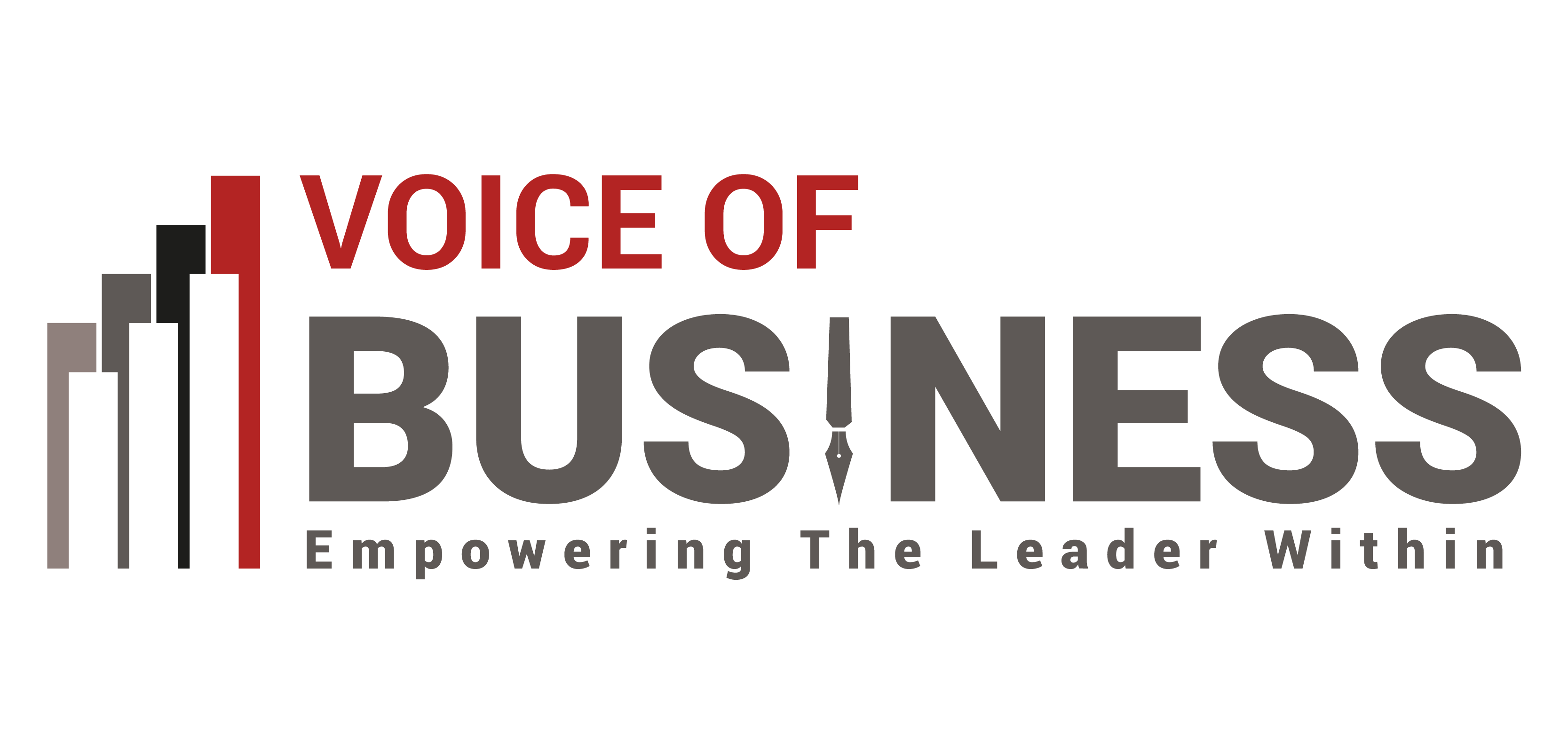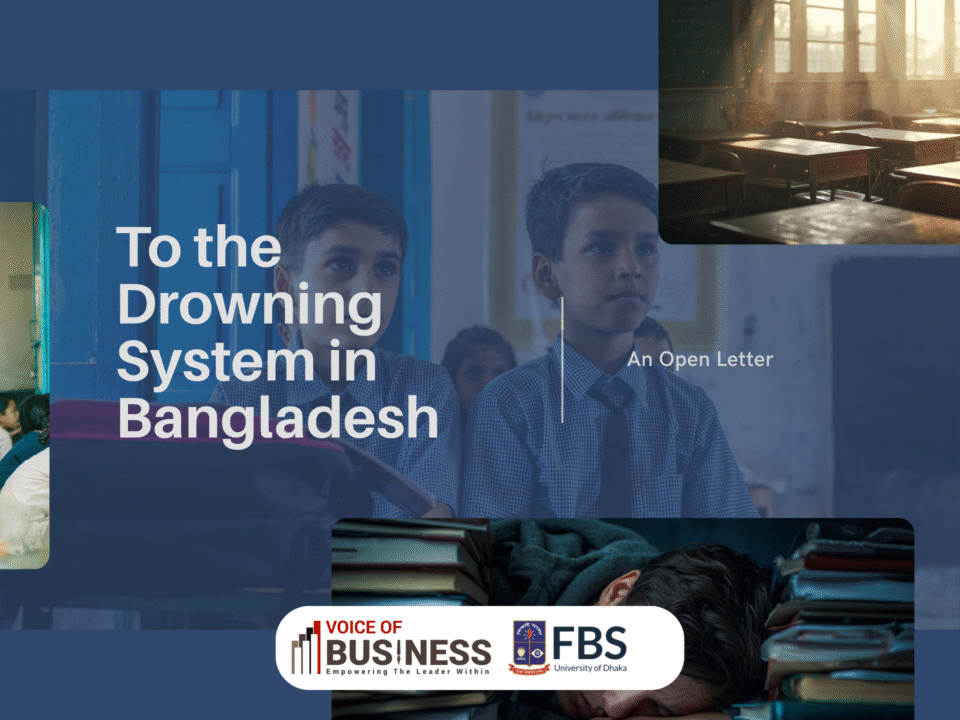DEGREES WITHOUT DIRECTION

Rewriting the Syllabus of a Nation
August 24, 2025
Education, Our Ever-Distant Parent
August 24, 2025There’s a strange rhythm to how we grow up here. School bells ring, notebooks fill, and students memorize information from the textbook like they’re decoding the world. But somewhere between learning and living, the system forgets to ask what kind of minds it’s trying to shape. And lately, it feels like it’s not shaping any – just weighing them.
The numbers aren’t whispering anymore. They’re shouting. This year’s SSC results dropped with a thud, only 68.45% passed (Prothom Alo, 10 July 2025). And we all saw it coming. Not because students are lazy or unwilling, but because the system they’re trapped in doesn’t meet them where they are, or where the world is heading.
Even as far back as 1974, the Qudrat-e-Khuda Commission warned of a system too obsessed with books and too blind to life. It called out the tendency to treat education as a tool for producing obedient minds instead of imaginative ones, pointing out how our schools had become “bookish, imitative, and detached from life” (Qudrat-e-Khuda Education Commission Report, 1974, p.13). That was fifty years ago. The warning still rings true.
In classrooms across the country, students still chase grades. They recite dates of revolutions without knowing what rebellion feels like. They solve equations but rarely tackle real problems. Teachers, often overburdened and under-supported, run through syllabus as if creativity is a distraction. Critical thinking? Optional. Imagination? Risky. Curiosity? A bit too loud.
Yet this isn’t just about what happens inside a school building, it’s about what happens after. Employers consistently say graduates aren’t ready. They know things, yes, but can’t think on their feet, communicate clearly, or lead with confidence. The World Bank (2022) puts it bluntly: fewer than one in five university graduates in Bangladesh are considered job-ready. That’s not a personal failure. That’s structural neglect.
And still, there’s a deeper, quieter harm. Education here is rarely a joyful pursuit, it’s a performance. A means to survive, not to thrive. The Commission envisioned education as something larger: a way to build “good citizens,” grounded not just in literacy but in empathy, ethics, and action (Qudrat-e-Khuda Education Commission Report, 1974, p.11). But in reality, how many students feel seen, heard, or inspired in the process?
Let’s talk about work. Manual labour is still looked down upon, even though technical skills are what the economy actually needs. Vocational training remains an afterthought. The Commission flagged this too, calling out our “disinclination to give appropriate value to physical and manual work” (Qudrat-e-Khuda Education Commission Report, 1974, p.16). In Germany, students can graduate from school already trained in fields like mechatronics or culinary arts, blending academic learning with real-world experience (OECD, 2023). Here, we still act like the only smart students are the ones with notebooks full of algebra and never a speck of soil under their nails.
Teachers, arguably the backbone of this whole system, are often the most unsupported. Many work in conditions that don’t allow for growth or creativity. Without better training, empathy, and structure, teachers cannot lead change (Qudrat-e-Khuda Education Commission Report,1974, p.20). You can’t pour from an empty cup.
Most students don’t really learn, they prepare to pass. They cram test paper questions, memorize exercise answers, and once the exam is over, everything’s forgotten. Honestly, I doubt many could solve those same problems on their own without help. English classes aren’t any better. Schools teach it like a formula – just grammar rules and a belief in students that the longer your paragraph, the higher your marks. But what kind of learning is that? If we’re training students to memorize instead of understand, how are they supposed to build a future? How do we expect them to get jobs if they graduate with nothing but notes in their heads and no real skills to offer? When the language itself feels foreign, and the system only rewards repetition, we have to ask – what exactly are we preparing them for?
Still, there are blueprints for hope. Finland ditched high-stakes exams and focused on trust, play, and teacher autonomy, producing some of the happiest, most competent students in the world (Sahlberg, P., 2015. Finnish Lessons 2.0: What Can the World Learn from Educational Change in Finland?). Japan teaches moral education as a core subject, not an afterthought . Canada’s classrooms are inclusive by design. These aren’t miracles, they’re decisions.
One of the most overlooked aspects of education in Bangladesh is the absence of
real-world skills in the curriculum. Students graduate knowing how to write essays, but not how to write professional emails or how to communicate with professionals. They can fill out answer sheets but freeze in interviews. Communication, networking, collaboration – these are not soft skills, they are survival skills. In today’s job market, the ability to express ideas clearly and build professional relationships is just as important as academic knowledge. Yet year after year, countless graduates stumble at the first hurdle, not because they’re not smart, but because they were never taught how to present themselves, speak with confidence, or connect with others meaningfully. If we want students to thrive beyond the classroom, these skills can no longer be optional, they must be foundational.
So what would it mean to make different decisions here? To create a classroom where real world projects mattered more than papers. Where students learned coding alongside poetry. Where students would genuinely ‘learn’ something. Where assessments were based on growth, not memory. Where a student’s background didn’t define their horizon.
We already know what needs fixing. The Qudrat-e-Khuda Commission told us. So did teachers. So have students, in every silent protest scribbled in the margins of their notebooks. This isn’t just about education reform. It’s about changing what we believe education is for. Because right now, the system is creating examinees, not students.
Author: Ridwan Raish Khan
position: 1st Runner Up (WC 20205)
Institution: Islamic University of Technology




